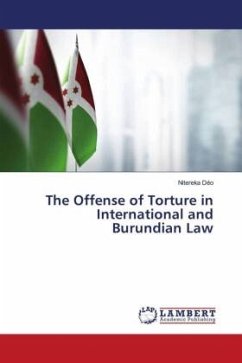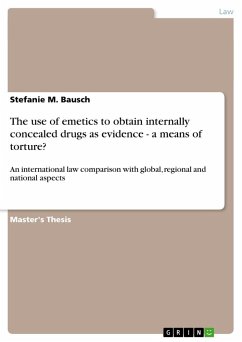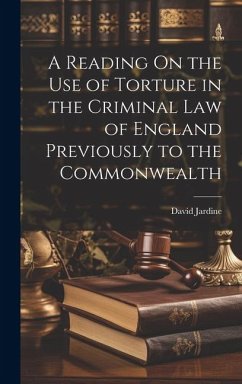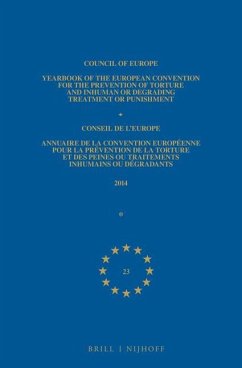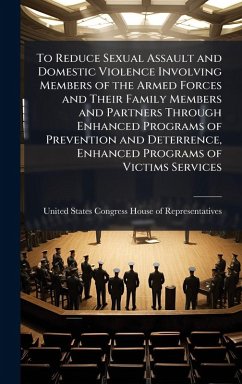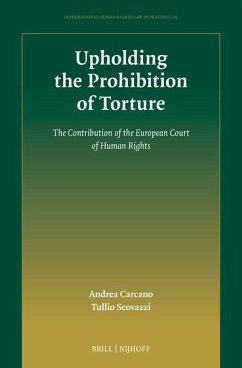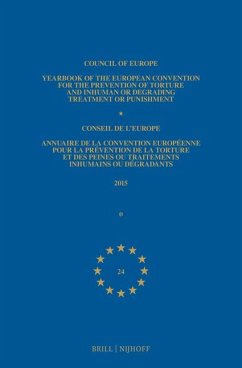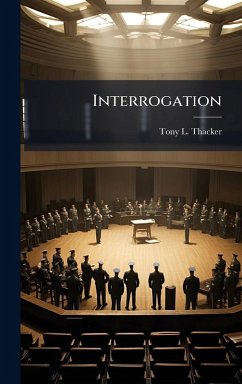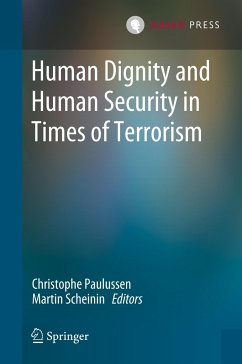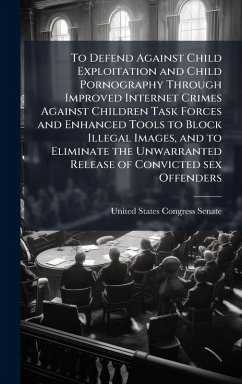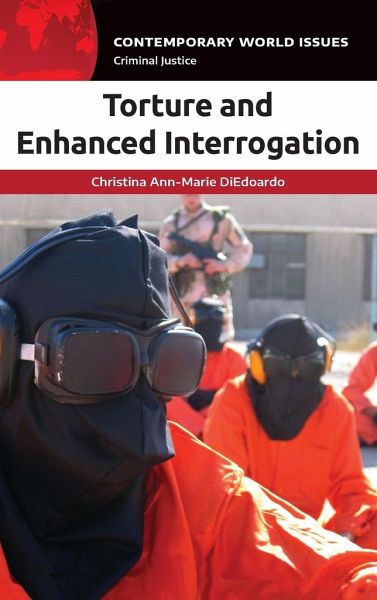
Torture and Enhanced Interrogation
A Reference Handbook
Versandkostenfrei!
Versandfertig in 1-2 Wochen
62,99 €
inkl. MwSt.

PAYBACK Punkte
31 °P sammeln!
A comprehensive look at torture, this book examines societal understanding of its use, how we got here, and how it might be regarded in the future. Torture and Enhanced Interrogation: A Reference Handbook begins with an overview of the history of torture, beginning in Ancient Greece and continuing to Guantanamo Bay and beyond. After grounding the reader in the historical fundamentals, the work goes on to examine the key controversies that surround the use of torture, including but not limited to whether it should be used at all as an aid to interrogation or to procure testimony. Then, the book...
A comprehensive look at torture, this book examines societal understanding of its use, how we got here, and how it might be regarded in the future. Torture and Enhanced Interrogation: A Reference Handbook begins with an overview of the history of torture, beginning in Ancient Greece and continuing to Guantanamo Bay and beyond. After grounding the reader in the historical fundamentals, the work goes on to examine the key controversies that surround the use of torture, including but not limited to whether it should be used at all as an aid to interrogation or to procure testimony. Then, the book presents the views of several outside contributors with personal experience or special expertise in the area. The book achieves a balance of profiles of those persons and organizations that have played a role in the development of our understanding of torture, a data and documents section, and an annotated bibliography for future research, as well as an event timeline and glossary of key terms. This volume is aims to present facts in as objective a way as possible while providing readers with the resources they need for further study.



